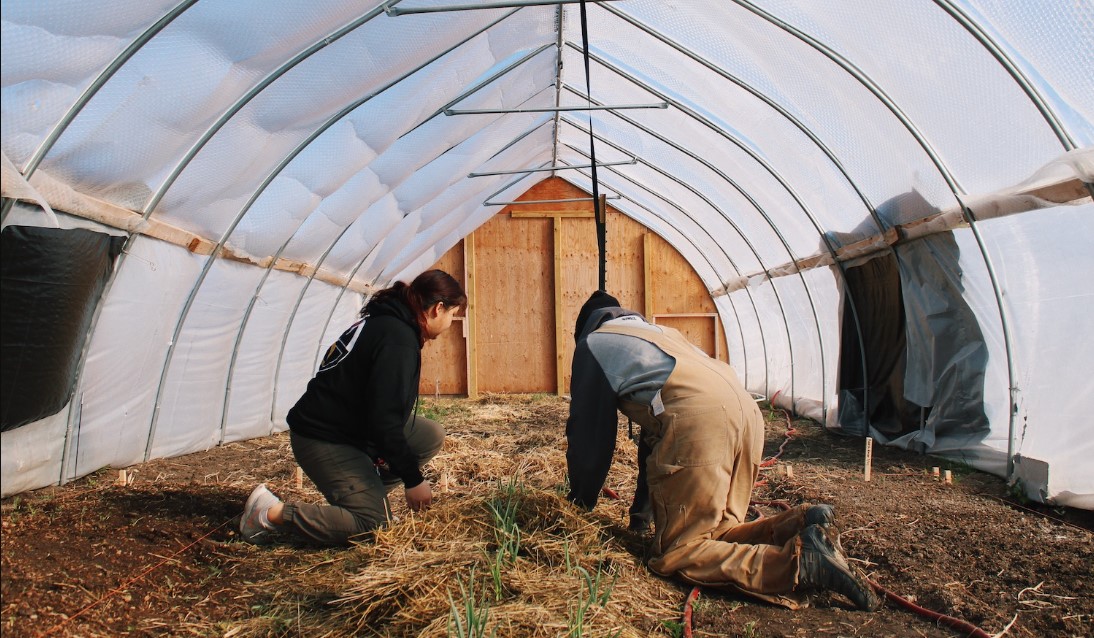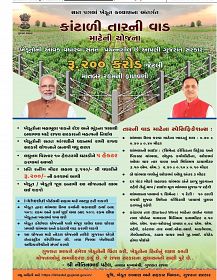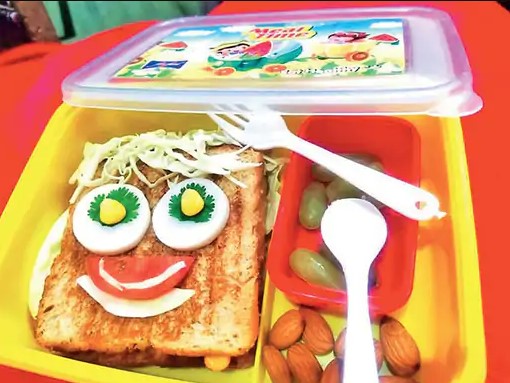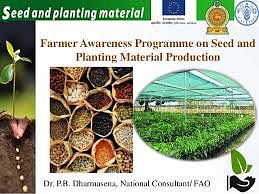
The U.S. Supreme Court recently upheld the Indian Child Welfare Act (ICWA) by a seven to two vote. According to Indigenous food systems advocates, the decision will have lasting impacts for the wellbeing of Native children and communities, tribal sovereignty, and Indigenous food sovereignty.
The Native American Rights Fund calls Brackeen v. Haaland “the most prominent case and challenge to ICWA” since its establishment in 1978. The Act was passed in response to a Congressional investigation that found that more than one-third of all Native children had been removed from their homes between the 1950s and 1970s and placed with families and institutions that lacked tribal ties.
Today, ICWA serves to protect Native children and recognizes that they are better off when placed “with family, in community, and connected to culture,” according to the National Indian Child Welfare Association. Even so the Association reports that Native children are still four times as likely to be removed by state child welfare systems as non-Native children.
Indigenous-led organizations and Indigenous individuals are actively working to protect and advance Indigenous sovereignty and tribal wellbeing. These programs, which often promote Indigenous food sovereignty and youth engagement, aim to address the ongoing impacts of settler colonialism felt throughout their communities.
Wabanaki Public Health and Wellness (WPH) in Maine runs a variety of programs for Wabanaki people in Maine. This includes the Ktanaqson Food Sovereignty Program, which seeks to (re)connect Wabanaki people with their traditional food systems, land, and cultural background and identity. While the initiative works with community members of all ages, it is particularly focused on young people
“Increasing that knowledge around food sovereignty can offer a path towards not just increased nutrition or food security, but educational attainment, economic mobility and financial stability,” Andrea Sockabasin, Community and Land Wellness Director at WPH tells Food Tank.
Matte Wilson, Director of the Sicangu Food Sovereignty Initiative, and a member of the Rosebud Sioux Tribe, leads similar work in South Dakota. “Food sovereignty doesn’t just operate within food, it’s connected to health, education, even housing,” he tells Food Tank.
Wilson helped launch a regenerative buffalo project to emphasize the significance of buffalo in the food system, including the relationship with buffalo, its presence on the land, and the impacts of colonization on the food system. The 7Gen Food Sovereignty Vision that informs this work centers language fluency, revitalization, holistic animal land management, traditional ecological knowledge, and community and economic development.
“These systems are a way of life that we’ve held for many years. And that was taken from us,” Wilson tells Food Tank. While the Lakota weren’t traditionally farmers, Wilson says that having control over their food system is critical to being a sovereign nation. He tells Food Tank that the farm is the last thing people see when they’re leaving town, “a statement piece to show we have some amazing things going on here [and that] you don’t always have to leave the reservation to be successful.”
WPH also works with Indigenous youth who are not living with their community to help ensure they retain access to books by Indigenous authors and traditional foods. “One of the things that we know for sure is that when you’re disconnected from your territory and your people, a reconnection is critical. And a reconnection can happen at a community event or a ceremony,” Lisa Sockabasin, MS, RN, Co-CEO of WPH tells Food Tank. “Knowing that your home community cares and loves you is deeply important for any child, particularly any child who has contact with the system.”
This sentiment is echoed by Darren Ranco, a member of the Penobscot Nation, who grew up off reservation. Ranco, who serves as an Associate Professor of Anthropology and Coordinator of Native American Research at the University of Maine, believes that the knowledge sharing that takes place when living with one’s community is critical. “[Penobscot] elders are the caretakers of our knowledge and our connection to the past,” he tells Food Tank. “There have been lots of disconnections that, in terms of just even learning from elders, have happened because of colonization and modern educational systems.”
Wilson says that as a young person, who grew up on reservation but moved away for college, he was unfamiliar with the Lakota language and was not raised eating buffalo. During his college years, he felt very disconnected from his culture and community. “There’s just something I can’t really explain about how deep and powerful that connection is,” Wilson tells Food Tank. “I knew I wanted to come back home and eventually work for my people.” As an adult, he appreciates the renewed connection he has to both the language and foodways of the Lakota people.
Historically, Indigenous and tribal systems have not been a priority of the U.S. Department of Agriculture (USDA), Heather Dawn Thompson, Director of the USDA’s Office of Tribal Relations, tells Food Tank. But she says that they are working to implement changes by partnering with tribal leaders to “incorporate more Indigenous animals, foods, and perspectives in the work we do and in our tribal facing work.”
These efforts include establishing the Local Food Purchase Assistance Cooperative Agreement Program and Indigenous Animals Grant to promote access to traditional foods and address food insecurity in Indigenous communities.
“We have focused on where there is flexibility to empower tribal governments. [The Food Distribution Program on Indian Reservations, (FDIPR)] is one of those programs,” Thompson tells Food Tank. By partnering with Indigenous chefs and media creators, Thompson’s office seeks to inspire and empower indigenous people and youth to seek out and access nourishing, traditional foods.
In advance of the Supreme Court’s decision, Lisa Sockabasin stated, “I don’t want anyone to underestimate that this is a taking if [ICWA] is undermined, and it’s a reoccurrence of the history that has happened in the past. If we continue not to tell the truth and highlight this history as a nation, we are all at risk for things to be taken. Even something as precious as a nation’s children.”










